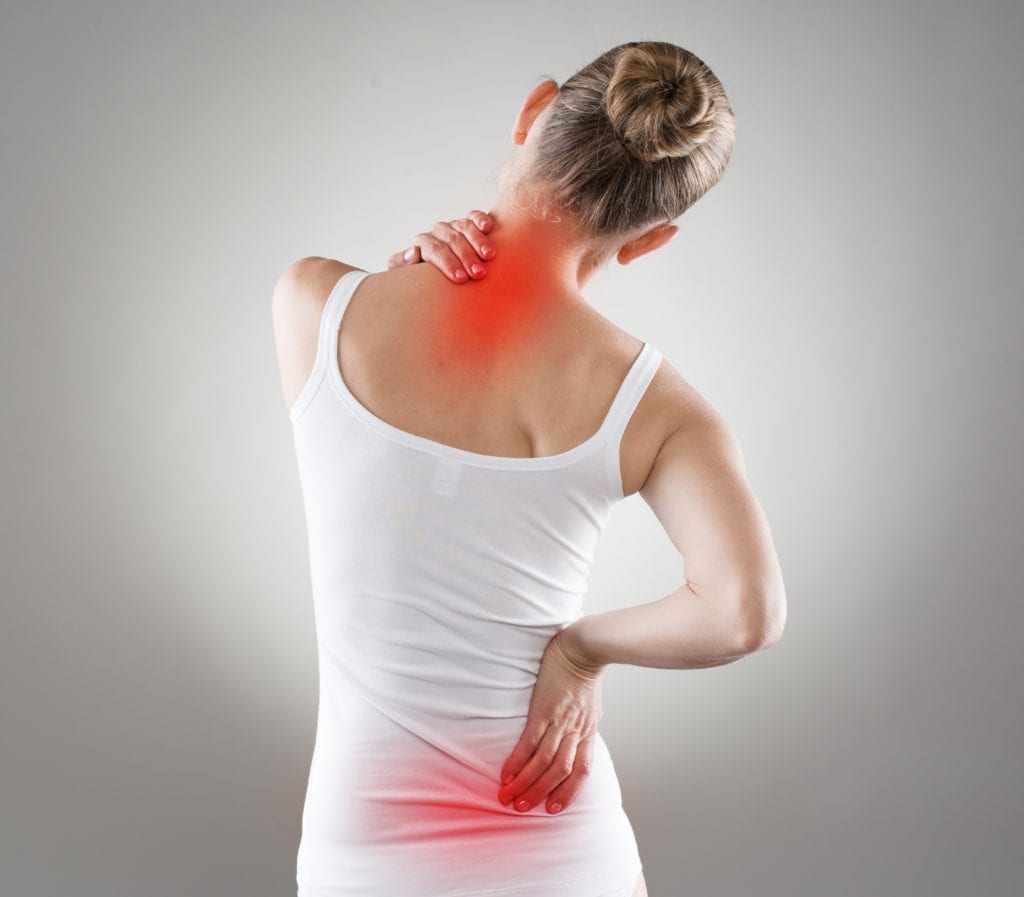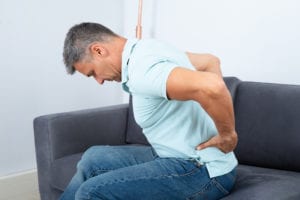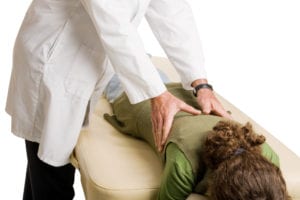According to the Bureau of Labor Statistic, an estimated 47,400 chiropractors (chiros) were actively practicing in the U.S. in 2016. And despite nearly 40 million Americans visiting a chiro each year, misconceptions about their legitimacy still persist. Today, we here at Doyle Chiropractic and Acupuncture in Roanoke, TX are setting the record straight.

Question #1: Are chiropractors considered doctors?
Chiros have to undergo extensive training before they are licensed, as well as continually refine their skills and stay current with the latest adjustment techniques. Typically, they graduate with a pre-med major after taking biology, physics, chemistry and/or psychology courses. Then, they attend a chiropractic graduate program, which usually involves four years of education, passing the arduous four-part National Board Examinations, and finally, completing a whopping 4,200 instructional hours in course credits. While they are considered Doctors of Chiropractic, chiros are not medical doctors. There is some crossover with the education they receive, but the differences are significant. Chiros do not perform surgeries or prescribe medications and medical doctors do not adjust vertebral subluxations.
Question #2: What do chiropractors treat?
Chiros are health care professionals, first and foremost. They focus primarily on the diagnosis and treatment of neuromuscular disorders that cause musculoskeletal or nerve pain, with an emphasis on treatment via manipulation and/or adjustment of the spine. Some of the main spine-related conditions that may be treated by a chiro include:
- Chronic pain
- Subluxation
- Back sprains and strains
- Neck sprains and strains
- Cervicogenic headaches
- Herniated disc
- Sciatica
- Whiplash
- Myofascial pain
- Degenerative disc disease (DDD)
Question #3: Are chiropractic adjustments safe?
In short—yes. However, like most things, there is some risk. But, according to the American Chiropractic Association (ACA), that risk is only about 1 in more than 5 million. Chiropractic has a solid safety record and is widely recognized as one of the less harmful therapies available for treating musculoskeletal pain. It’s also held in high regard because it emphasizes a more natural approach to healthcare that steers clear of invasive procedures or prescription drugs.
Question #4: Do chiropractors only treat adults?
When we think of reasons to seek chiro care, we tend to only picture adults who have severe back pain or general posture problems. While it is true that adults seek chiro care more than other age groups, chiros treat patients of all ages and ethnicities, across all economic and social spectrums. In fact, in January of 2009, the ACA reported that the number of chiro patients who were 16 years old or younger had spiked by more than eight percent since 1991.
Question #5: Is visiting a chiropractor expensive?
In terms of cost-effectiveness, chiro care costs about 40 percent less than visiting a medical doctor, on average.However, since chiro care often requires ongoing treatment, we offer our patients various payment options and provide a comprehensive treatment plan to ensure your health needs are met.
Learn More about Chiropractic Care
Roanoke, TX chiropractor Dr. Cody Doyle has been practicing chiro methods and alternative therapies for more than 21 years. Doyle and his highly skilled team are well-versed in addressing and treating pain and dysfunction in the body. As we provide top-tier therapy to our patients, we approach each person as an individual with their own unique needs and goals. Visit us online or call our Roanoke, TX office at 817-767-5430 to schedule an appointment today and learn more about chiropractic care!



